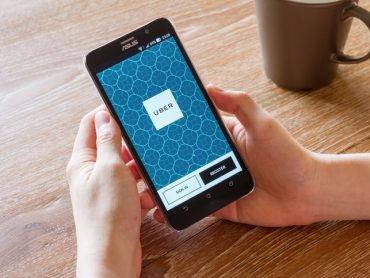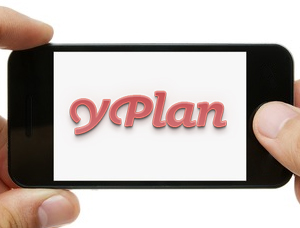Upselling vs. Drip Pricing
We all have a conception of what’s implied by “upselling.” “Drip pricing” is a little less understood, so bear with me through a broad definition. It’s the practice of removing services out of what would normally be included in the regular nightly rate then offering them for an additional surcharge. Hence, the prices “drip” from a customer’s wallet as opposed to flushing out in the form of a single line item on the final bill.
To look at it in black and white: Drip pricing is bad; upselling is good.
There are obvious examples of upselling like room upgrades, spa packages and loyalty reward programs, but when it comes to the more quotidian services like housekeeping, local calls, complimentary breakfast and Wi-Fi, it would be a terrible mistake to promote these as upsells both to your guests and internally to your sales team.
It all boils down to managing customer expectations. If the norm is for such operations as housekeeping, heating, turn down services, air conditioning and cable TV to be a silent contributor to the guestroom rate, then charging extra for them falls into the category of drip pricing. Such extraneous costs will irk guests because they are unexpected, and not in a good way. On the other hand, for most properties, spa treatments are not expected to be incorporated into the daily room rate, and thus levying an extra fee will not be seen as greedy in the eyes of your guests.
These norms and standard perceptions differ tremendously depending on your property’s star rating as well as your branding engine. For economy properties, drip pricing is less of an issue as the general expectation is one of “no frills” and less about delivering an all-encompassing experience. But for 4-star and 5-star locales, you must be especially cautious about using the term upselling for the gray areas, which may be judged as drip pricing. (Even if a guest doesn’t know the term drip pricing, they’ll still know when they are being fleeced.) Think about an all-inclusive resort and what preconceived notions a guest has — in this case, charging for breakfast will most likely be met with contempt.
In fact, expectations fluctuate for nearly every property. There’s no magic bullet. For instance, take a vacation destination outside of an urban area. Charging for parking here is something I would consider drip pricing because it is exceedingly necessary to have a vehicle in order to reach the property and travel about during the day. However, offering parking at an urban facility would better fit the upsell classification because the assumption is that, when in a city, parking spaces are inherently more limited (accruing greater costs for the hotel that must be offset), and a vehicle is not a vital means for arrival (because of the availability of public transportation, taxis, limousines and so on).
Perhaps whether you denote a service as a drip pricing or as an upsell all boils down to how essential that service is based on preformed views about what the experience at your property will be. In this regard, should Wi-Fi — a service deemed essential by many consumers — be considered an upsell or a vile, drip-priced surcharge to be avoided? As you can see, a lot of this is open for debate, and I invite you to offer your own examples and opinions.
(Article published by Larry Mogelonsky in HOTELSmag on September 9, 2013)




